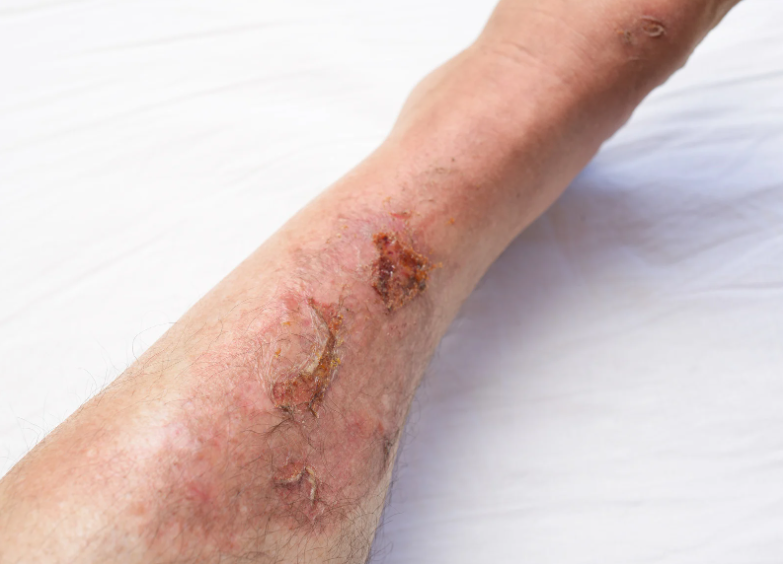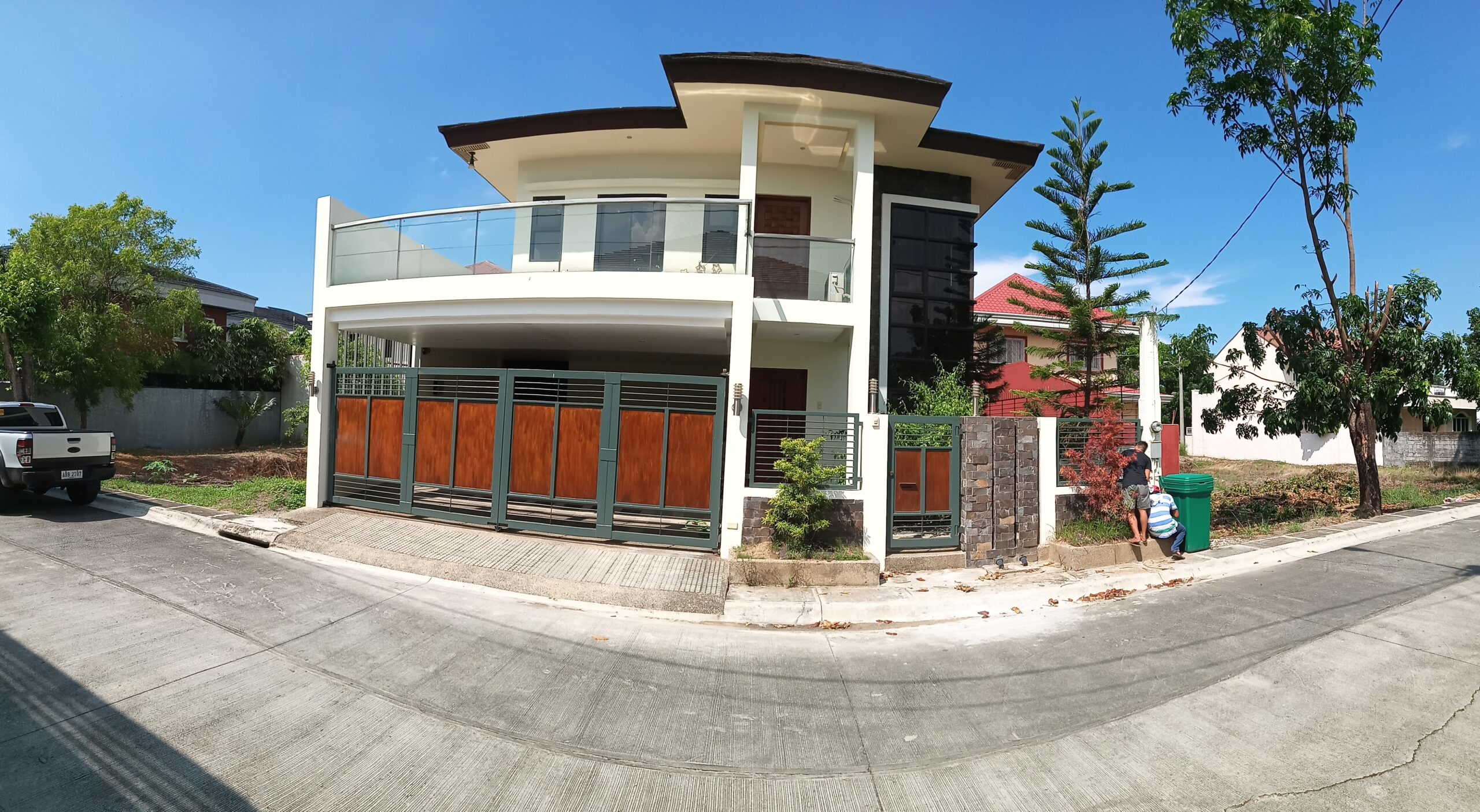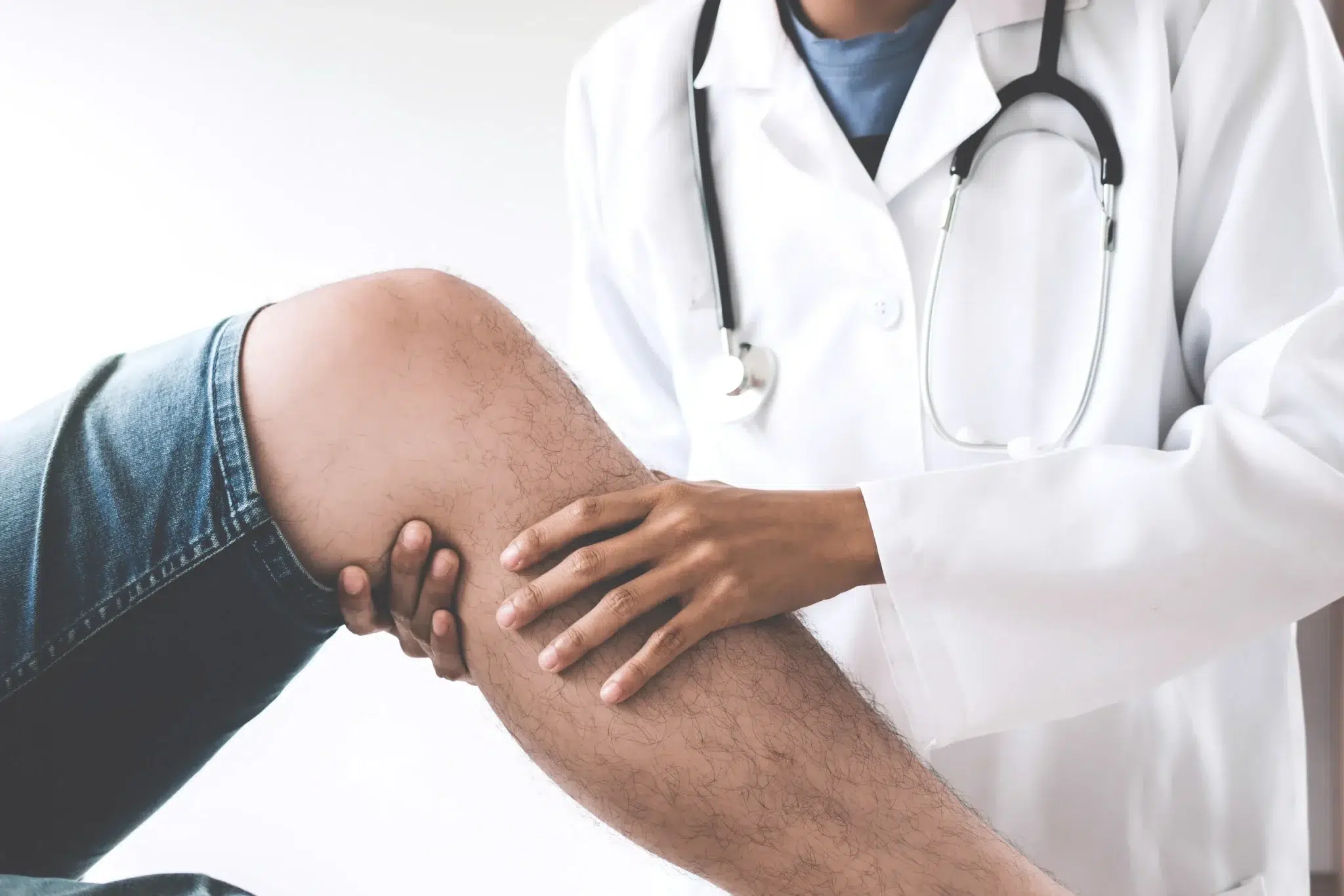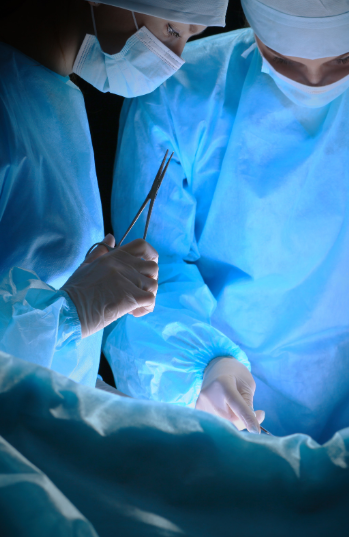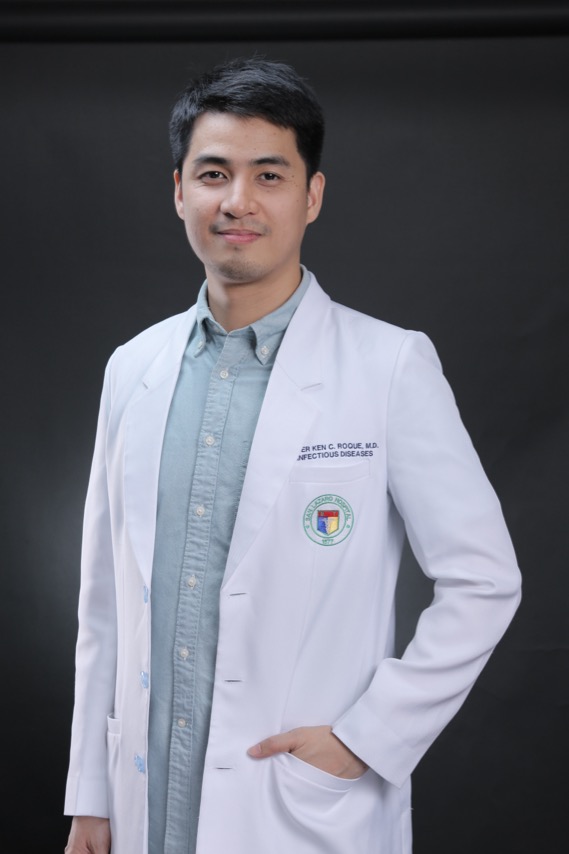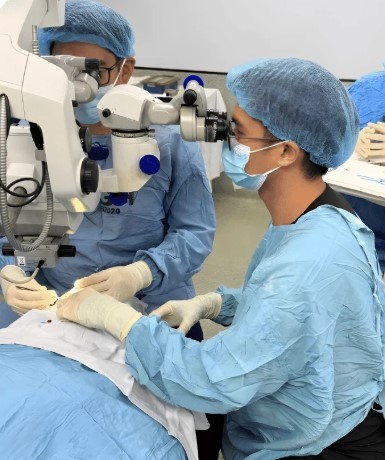Proper wound care is crucial for fast recovery, preventing infections, and avoiding long-term complications. A Specialist Doctor for Wounds has the expertise to manage complex or chronic wounds using advanced healing methods. At Kalingap Wound Care Clinic, patients receive personalized treatments designed to optimize recovery and improve quality of life.
Understanding Wounds and Their Complexities
Wounds come in many forms, including acute injuries, chronic wounds, surgical wounds, diabetic ulcers, and pressure sores. Each type has unique healing challenges. Chronic wounds, for example, may take weeks or even months to heal due to factors like poor circulation, infection risk, age, or underlying medical conditions. A Specialist Doctor for Wounds evaluates these complexities carefully, ensuring every patient receives a treatment plan tailored to their specific needs.
Why Consult a Specialist Doctor for Wounds
General care may suffice for minor cuts or abrasions, but serious or chronic wounds require expert intervention. A Specialist Doctor for Wounds provides detailed assessment, early intervention, and advanced treatments that prevent complications and accelerate recovery. Consulting a specialist ensures the wound receives targeted care, reducing the risk of infections, delayed healing, and other complications that can arise from improper treatment.
Advanced Healing Methods Used by Wound Specialists
Debridement Techniques
Removing dead or damaged tissue from the wound site is essential for promoting new tissue growth. A Specialist Doctor for Wounds carefully performs debridement using techniques that minimize discomfort while improving healing outcomes.
Negative Pressure Wound Therapy (NPWT)
NPWT involves the use of a vacuum-assisted device that gently draws out excess fluid, reduces swelling, and stimulates tissue growth. This method is highly effective for chronic wounds and surgical sites, supporting faster recovery.
Hyperbaric Oxygen Therapy (HBOT)
HBOT increases oxygen supply to damaged tissues, which promotes healing and reduces infection risk. This therapy is particularly effective for diabetic ulcers and other wounds with poor circulation.
Growth Factors and Biologics
Specialists use growth factors and biologic materials to accelerate tissue regeneration. These advanced therapies help the body repair itself more efficiently, particularly in wounds that are slow to heal.
Advanced Dressings
Hydrocolloid, foam, and antimicrobial dressings are used to protect the wound, maintain moisture, and prevent infection. A Specialist Doctor for Wounds chooses the appropriate dressing based on wound type, size, and healing stage.
Laser and Phototherapy Treatments
Laser therapy stimulates cell regeneration and reduces inflammation, supporting faster wound closure. Phototherapy can also be used to enhance tissue repair and minimize scarring.
The Role of Technology in Wound Healing
Modern wound care incorporates advanced technology to monitor progress and optimize treatment. Telemedicine consultations allow patients to receive expert advice remotely, while digital imaging and AI-assisted wound assessment provide precise insights into healing stages. Wearable sensors can track real-time data such as moisture levels and temperature, allowing a Specialist Doctor for Wounds to adjust treatment plans proactively.
Patient Benefits of Specialized Wound Care
Patients treated by a Specialist Doctor for Wounds experience faster recovery, reduced pain, and a lower risk of complications. Specialized care improves mobility, prevents long-term issues, and enhances overall quality of life. Kalingap Wound Care Clinic combines expert knowledge with advanced therapies to ensure patients receive the best possible outcomes.
When to Seek Help from a Specialist Doctor for Wounds
Certain signs indicate that a wound requires specialized attention, including persistent pain, delayed healing, excessive drainage, foul odor, or signs of infection. Early intervention by a Specialist Doctor for Wounds can prevent severe complications and accelerate recovery, especially for chronic wounds that fail to respond to standard care.
Choosing the Right Specialist for Wound Care
Selecting an experienced Specialist Doctor for Wounds is critical for effective treatment. Look for accredited facilities like Kalingap Wound Care Clinic, which offer advanced healing methods, a compassionate care approach, and proven results in wound management. The right specialist ensures the wound receives expert attention from assessment to full recovery.
Takeaway
Expert care from a Specialist Doctor for Wounds is essential for healing complex and chronic wounds. Advanced methods such as NPWT, hyperbaric oxygen therapy, biologics, and laser treatments significantly enhance recovery outcomes. Kalingap Wound Care Clinic stands out as a trusted provider, combining expertise and technology to deliver personalized wound care solutions that prioritize patient safety and long-term wellness.
Frequently Asked Questions (FAQ)
Q1: What types of wounds require a specialist doctor?
Chronic wounds, diabetic ulcers, pressure sores, surgical wounds, and wounds that fail to heal with standard care should be assessed by a Specialist Doctor for Wounds.
Q2: How does negative pressure wound therapy work?
NPWT uses a vacuum-assisted device to remove fluid, reduce swelling, and stimulate tissue growth, accelerating the healing process.
Q3: Can technology improve wound healing?
Yes. Telemedicine, AI-assisted assessments, digital imaging, and wearable sensors help specialists monitor healing progress and adjust treatments effectively.
Q4: Why choose Kalingap Wound Care Clinic?
Kalingap Wound Care Clinic provides advanced healing methods, personalized care, and expert guidance from highly trained Specialist Doctors for Wounds, ensuring the best outcomes for every patient.
Q5: When should I consult a specialist for a wound?
Consult a Specialist Doctor for Wounds if a wound is not healing, shows signs of infection, or causes persistent pain or discomfort. Early intervention improves recovery chances.

